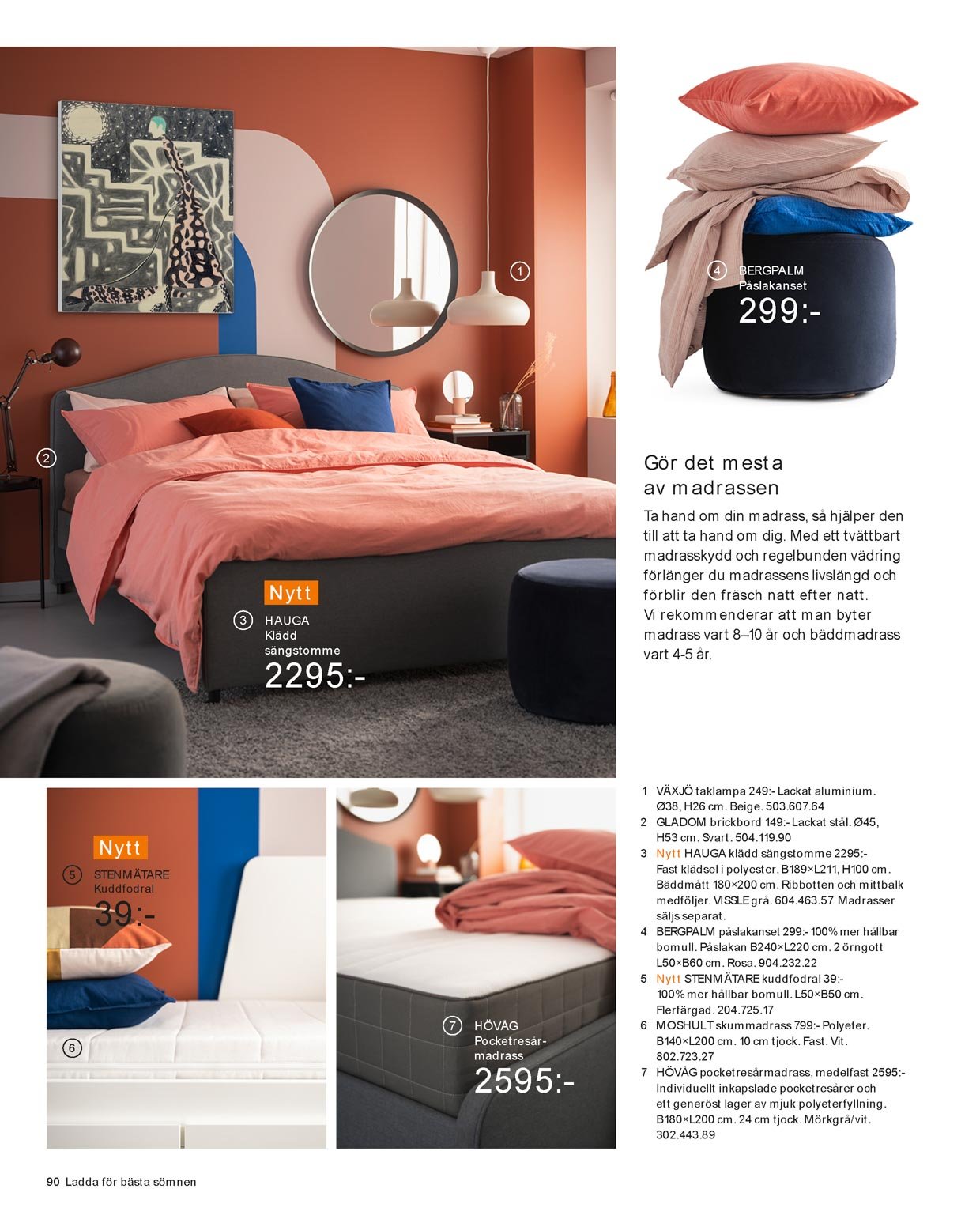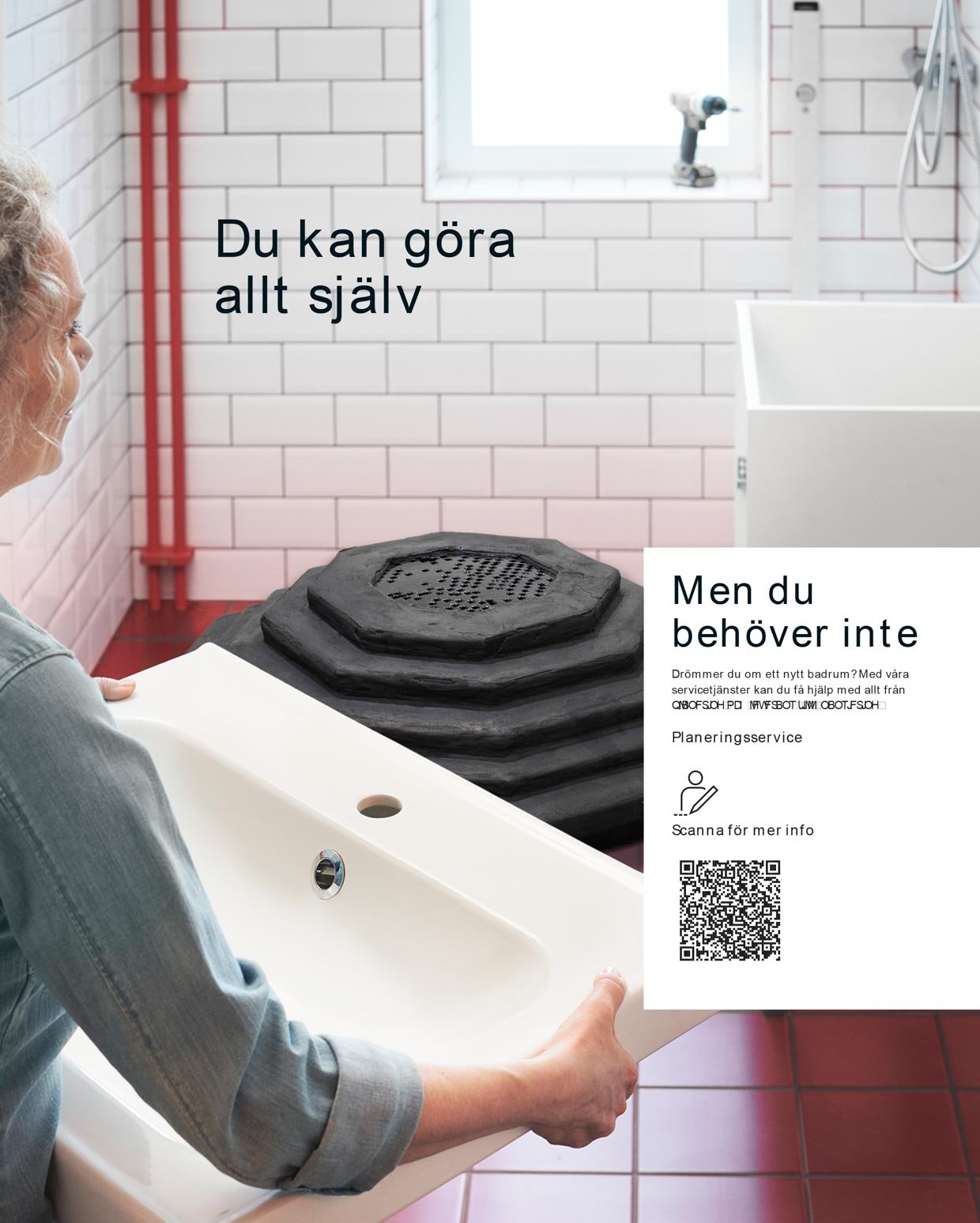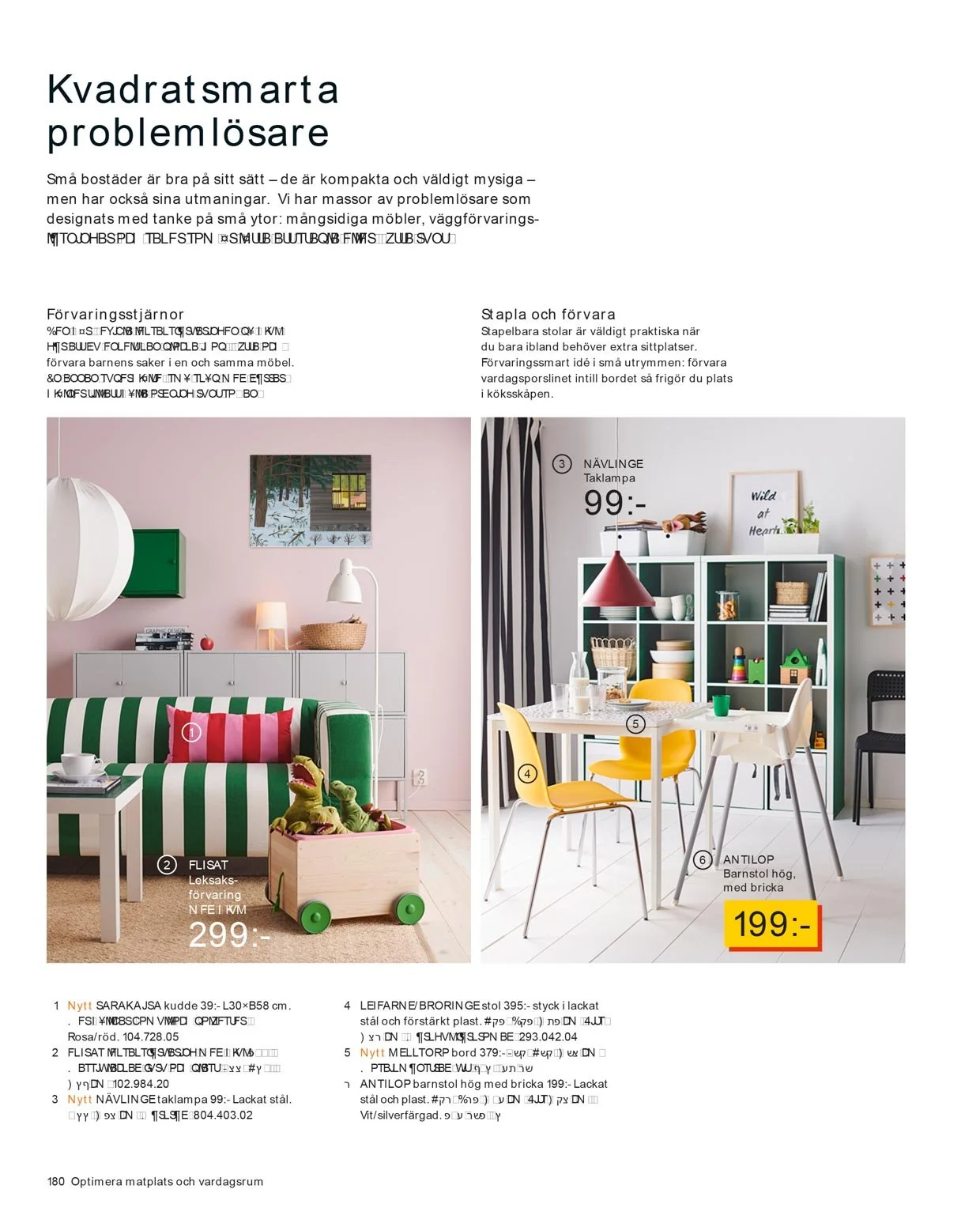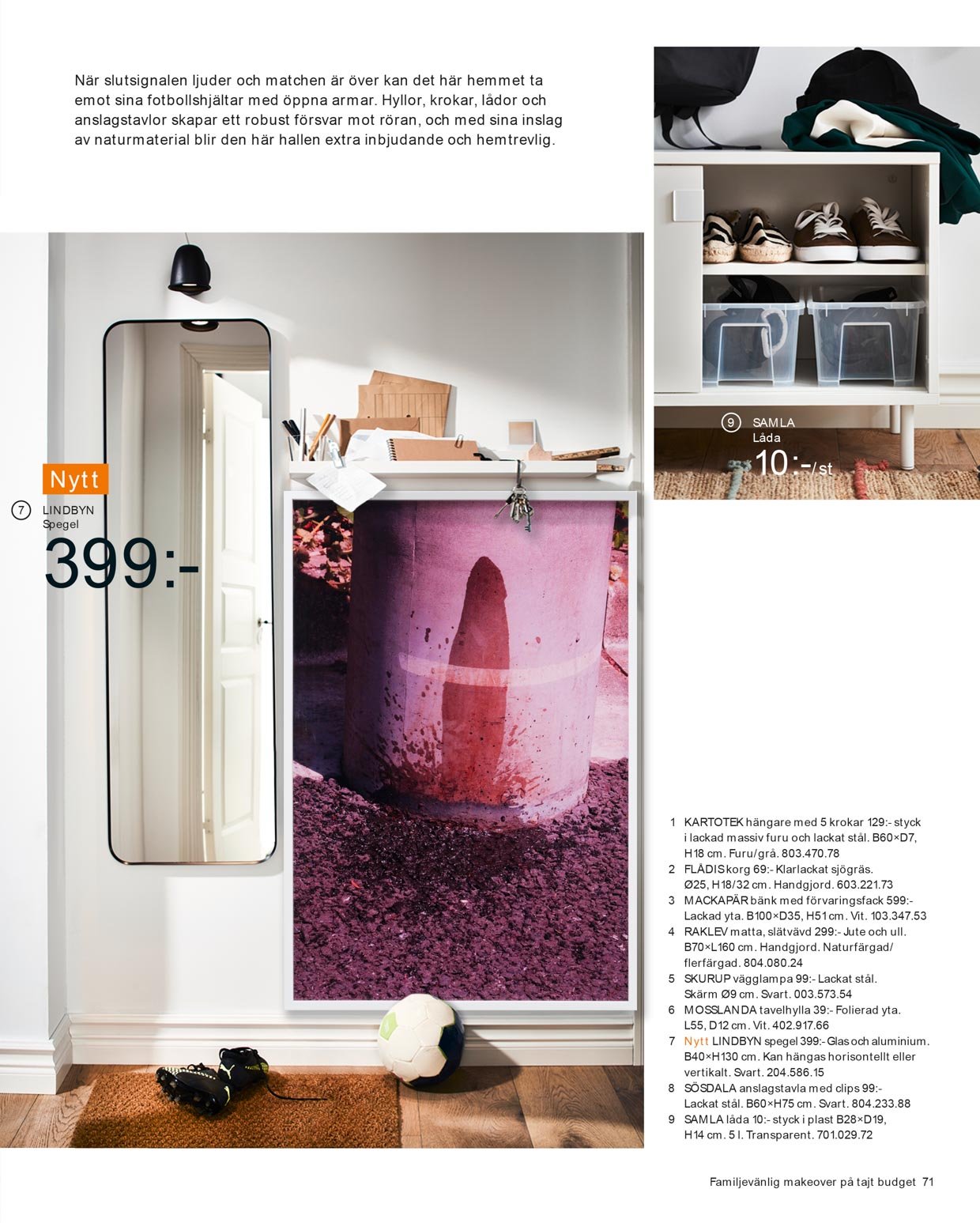About the work
In the spring of 1995 Peterman traveled to Malmö Sweden and visited different local industries relating to waste processing and recycling. This research resulted in the fabrication of the Fossil-pak unit that intertwines several material networks and energy expenditure pathways. These include the potential energy that still resides in the worn-out, shredded, automobile tires and the energy savings postulated by IKEA for changing their shipping practices in favor of plastic "nesting" pallets that were designed to be returned and reused thereby replacing disposable "one way" wood pallets. These material networks and energy pathways made specific reference to the history of the host institution, the Rooseum: a museum situated in a former energy power plant. The installation of Fossil-Paks occurred in the lower gallery that functioned in former times as a coal storage bay. Peterman's work touched on current and historical patterns of energy use--with significant global ecological implications--while entering a cultural conversation that re-animated issues of minimalist sculpture and the early tire installation/happenings of Allan Kaprow.
Fossil-Pak was presented at the Rooseum, in Malmö Sweden as part of the Nutopi exhibition curated by museum director Lars Nittve. Artists in the exhibition: Dan Peterman, Rirkrit Tiravanija, Andrea Zittel, Clay Ketter, Yutaka Sone, and Jeffrey Wisniewski. June 3 – August 27, 1995
About the artist
Since the mid 1980's DAN PETERMAN has combined innovative strategies of local engagement and activism with national and international art projects, exhibitions and installations. Peterman explores intersections of art and ecology, frequently focusing on networks of recycled, or discarded materials that function interchangeably as stockpiles, sculpture, functional objects, and critiques of environmental oversight and neglect. In the early 1990's Peterman developed a building and cultural site located in a contested urban boundary between the affluent University of Chicago and a low-income neighbourhood to the south. This project, known simply as the building, fostered diverse cultural, educational, and small business initiatives--and became an influential model of cultural activism and urban placemaking that helped stimulate further innovative cultural developments on Chicago's Southside. After a fire in 2001 destroyed the building, Peterman rebuilt the facility, and co-founded the Experimental Station, a 501c-3 non profit organisation that continues to provide independent cultural programming and infrastructure for local enterprises.
He is the Founder of Blackstone Bicycle Works--now an ongoing youth education program of Experimental Station, and Founder of Monk Parakeet, a flexible experimental art project and curatorial platform co-located with Peterman Studio and Experimental Station.
Peterman is Professor in the College of Architecture and the Arts at the University of Illinois at Chicago. His works have been exhibited at Documenta 14 in Athens and Kassel, Germany, Museum of Contemporary Art, Chicago, IL; Venice Biennial, Italy; Van Abbe Museum Eindhoven, NL, Kunsthalle Basel, Basel Switzerland; Smart Museum of Art, University of Chicago, Chicago, IL; among other venues.
Dan Peterman














































